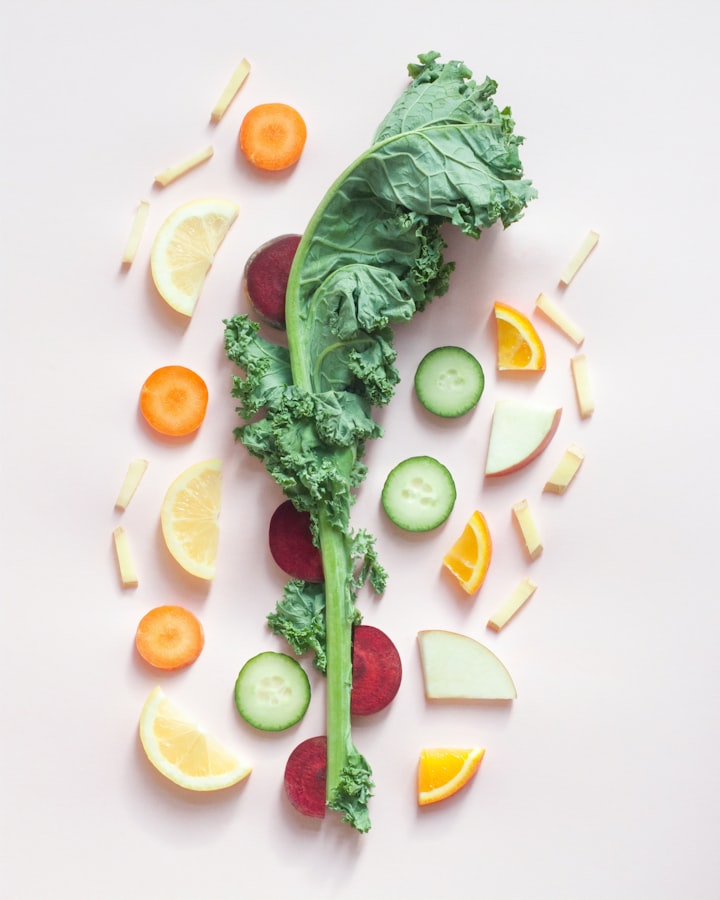
Everyday office life or even home lockdown ‘office life’ for many millions of us around the world have two drinks in common, actually I would wager that we have three drinks in common. Water, tea and coffee.
A typical cross section of the office would be something like this.
Jason in the corner office is a health nut, and ‘gym germ’ and drinks only water. Sue in accounts is under deadline pressure and she is a bit of a ‘coffeeholic.’
Tracy in personnel is calm and contemplative and prefers to drink tea during the day.
Do any of them have the right beverage? Or could it be that a combination of the three is best? One thing is certain, Jason can’t really go wrong with water. But Jason is missing out on some key health benefits from polyphenols, which are plant compounds with antioxidant effects.
Are there any health benefits derived from these three very popular beverages?
We all know the healthiest drink in the world is water, and it is the universal solvent. More substances dissolve in water than any other liquid. Any search for life on other planets is a search for signs of water because water is so essential to life as we know it.
Water has many health benefits that underpin the health benefits of the other two beverages. The other two beverages would not exist without water. Water has the following health benefits:
“carrying nutrients and oxygen to your cells, flushing bacteria from your bladder, aiding digestion, preventing constipation, normalizing blood pressure, stabilizing the heartbeat, cushioning joints, protecting organs and tissues, regulating body temperature, maintaining electrolyte (sodium) balance.”
Source: https://www.health.harvard.edu/staying-healthy/how-much-water-should-you-drink
In fact, water is so essential to our existence. Our bodies are 60% water and our brain and heart comprise 73% water, with our blood plasma comprising 90% water. Even our bones contain 31% water.
Ok so water is the number one go to beverage, but what about the other two coffee and tea and their effects on our health? Could it be that these two beverages assist in cancer prevention and the prevention of heart disease? Can they affect the health and functioning of major body organs?
First, we need to find out about polyphenols. What are they?
There are thousands of polyphenols and they are prevalent in everything, including fruits and vegetables to some spices, herbs, seeds and whole grains.
Both tea and coffee are rich in plant compounds called polyphenols and these polyphenols have an antioxidant effect on the body. They contain different polyphenols but have caffeine as stimulant that is common to both tea and coffee.
Coffee reduces the risk of digestive tract, oral, oesophageal, colorectal, and liver cancer.
But how does coffee do this? Chlorogenic acid is a polyphenol with antioxidant effects, and coupled with the alkaloids caffeine and trigonelline, control and regulate common cancer molecular targets, and thus prevent cancer.
You can boost your coffee by adding certain antioxidant compounds to boost your morning cup. Adding some cinnamon and or cacao powder to your coffee, can vastly increase the health benefits. For both brain boosting power and immunity and making your cup of coffee more heart healthy.
Adding maca to your coffee, will further enhance the health effects. They have shown maca enhances athletic performance, maca also contains essential amino acids.
Mushroom powders are also becoming a popular addition to coffee. Mushroom powders have powerful antioxidants, which is always good for the immune system and they may prevent liver disease.
Finally, turmeric, there are many studies showing the anti-inflammatory and antioxidant effect of turmeric. Why not add some to your coffee. To enhance the action of turmeric, add a little coconut oil, as the fats assist with the bioavailability of the active compounds.
Tea has other mechanisms that reduce risk of cancer. The polyphenol compounds, which are powerful plant material antioxidants in black and green tea, act at many points in our biology, stopping cancer cells from reproducing and causing cancer cell death. These compounds influence the RNA, DNA and protein formation of the cancer cells.
The risk of heart disease decreases because of the action of polyphenol activity within the body at a molecular level. Heart disease, as we know, is one of the biggest killers of humankind.
We can boost tea too with the likes of cinnamon, and turmeric and perhaps maca, depending on your taste preferences, personally I drink tea with honey and black pepper, given black pepper’s health benefits that I discussed in this article.
Black Pepper May Just Save Your Life
A quick look at encouraging studies on piperine
medium.datadriveninvestor.com
So drink up, but remember always to drink a lot of water too, everything in balance because what is true in economics, namely the law of diminishing marginal returns, also seems true in the health world. There is an optimum amount of anything that is healthy and thereafter adding extra to the optimal amount results in less and less benefit, and finally reaches a point where it becomes detrimental.
The old saying, “Too much of anything is bad for you.” Still stands.
This article is not health advice, it is just interesting to see that our daily habits of beverage consumption may have a positive effect on our health, provided we aren’t drinking a lot of sugar with these beverages too. Increased sugar intake will negate the potential health benefits we derive from them.
About the Creator
Dean Gee
Inquisitive Questioner, Creative Ideas person. Marketing Director. I love to write about life and nutrition, and navigating the corporate world.






Comments
There are no comments for this story
Be the first to respond and start the conversation.